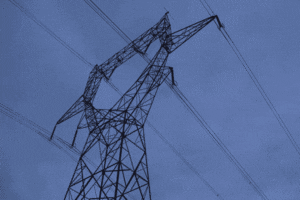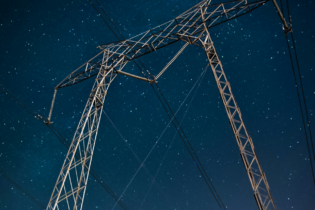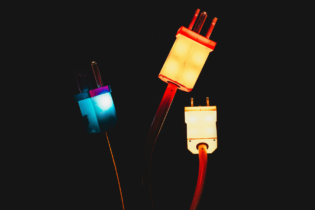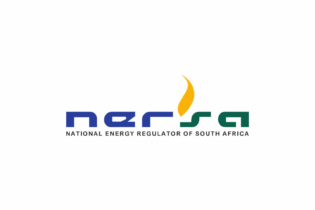Eskom has warned that the unbundling of the company and the transfer of some assets and transmission functions to the Independent System and Market Operator (ISMO) could affect its borrowing capacity and might lead to a downgrade of its credit rating.
The power utility told the portfolio committee on energy yesterday that its balance sheet would look different and be compromised if transmission was moved to another entity. “It would have a bearing on all those who had lent money to Eskom because the whole balance sheet would look different. We would have to unbundle the whole Eskom head office,” said Mongezi Ntsokolo, Eskom’s group executive for transmission. Ntsokolo said although such parallel systems had proved to work well in other countries, given South Africa’s tight electricity supply, it would be a very risky move to separate transmission assets from the distribution chain. At present Eskom is responsible for the whole electricity supply chain, from generation to transmission and distribution. But due to power constraints in the country, the government has proposed the establishment of the ISMO to help incorporate independent power producers into electricity generation. The ISMO Bill paving the way for its establishment was published for comment in May 2011 and public hearings took place earlier this year. The bill proposes that the ISMO be established as a separated state-owned firm rather than an Eskom subsidiary. At the end of the public hearings, Parliament tasked Eskom to do a further due diligence report on how the transfer of transmission functions to ISMO would affect the company. Yesterday, Eskom told Parliament that further due diligence had not been done, as permission from its shareholder, the Department of Public Enterprises, was still pending. But Ntsokolo said based on a desktop due diligence report it had ascertained that because Eskom was vertically integrated, the breaking up of its value chain would result in rating agencies issuing ratings appropriate for a smaller company. “Rating agencies look at the diversity of your customers, among other things. So separated entities will have a lower rating than an integrated one.”Transmission lines and substations make up 7.5 percent of Eskom’s assets and about 100 of its big customers are directly linked to transmission. But Ntsokolo said when one considered that distribution came after transmission, the latter directly affected all Eskom customers, including distribution customers.
Eskom was given two-and-half months to produce the due diligence report but after the company failed to table the analysis yesterday, the portfolio committee said it would nevertheless pass the ISMO Bill before year-end, whether Eskom pitched in or not. The committee has since given the utility two more months to produce the report. The Public Enterprises Department said Minister Malusi Gigaba shared the same concerns raised by Eskom on the implications of taking transmission functions away. An analyst said because the ability to control electricity depended on the ability to control the transmission grid, it would be like cutting the legs off Eskom. Mike Schussler, the chief economist at Economists.co.za, said if one looked at Eskom, one looked at the company’s balance sheet and its monopoly powers in the country’s electricity sector. For that reason rating agencies and investors would not make a sudden about-turn because transmission was transferred to another entity. Source: http://www.iol.co.za







